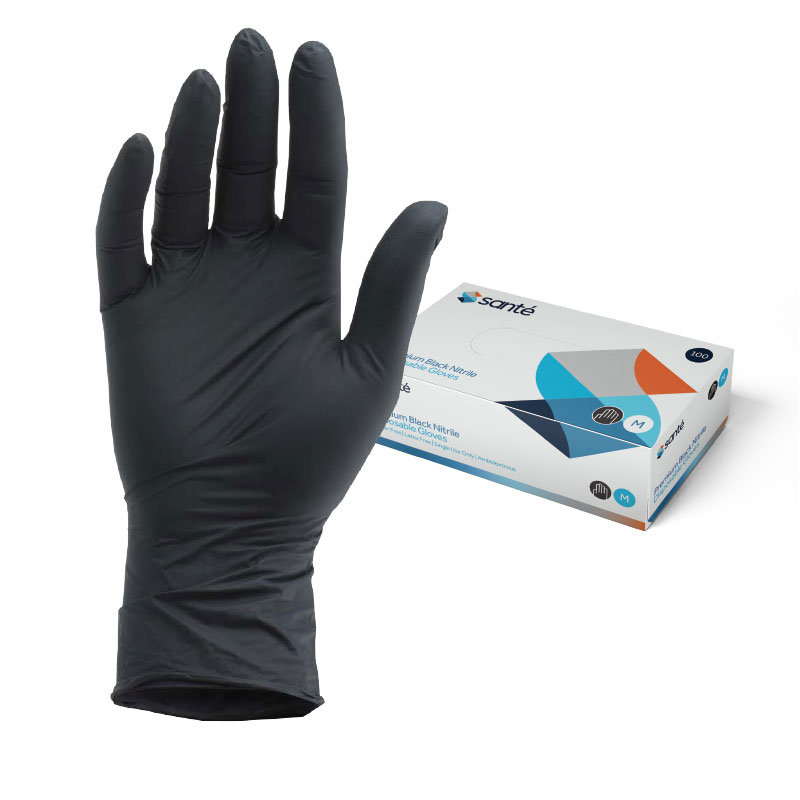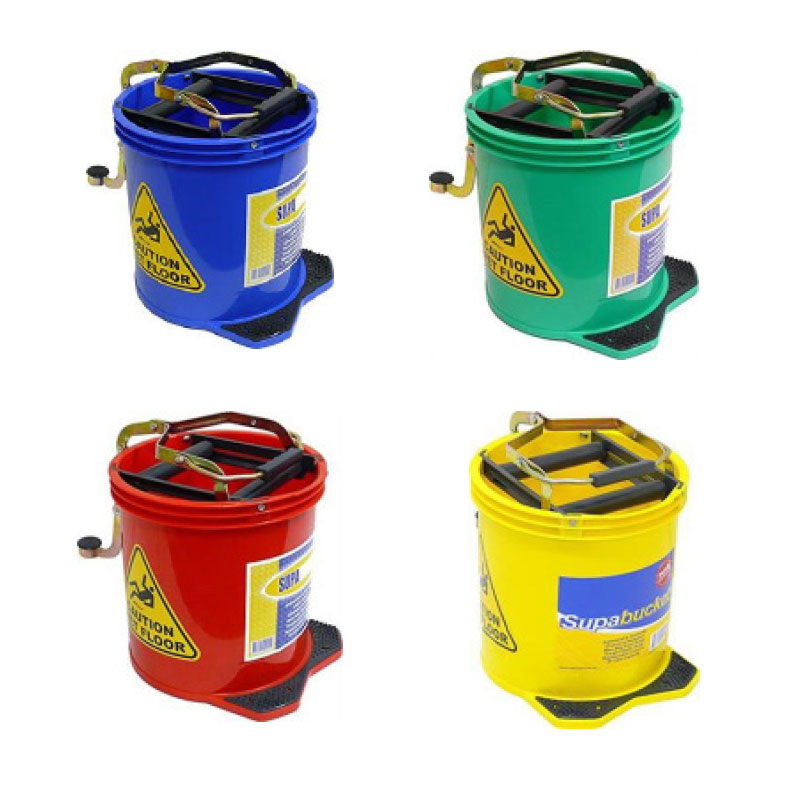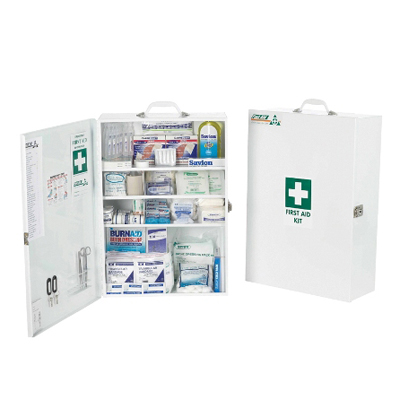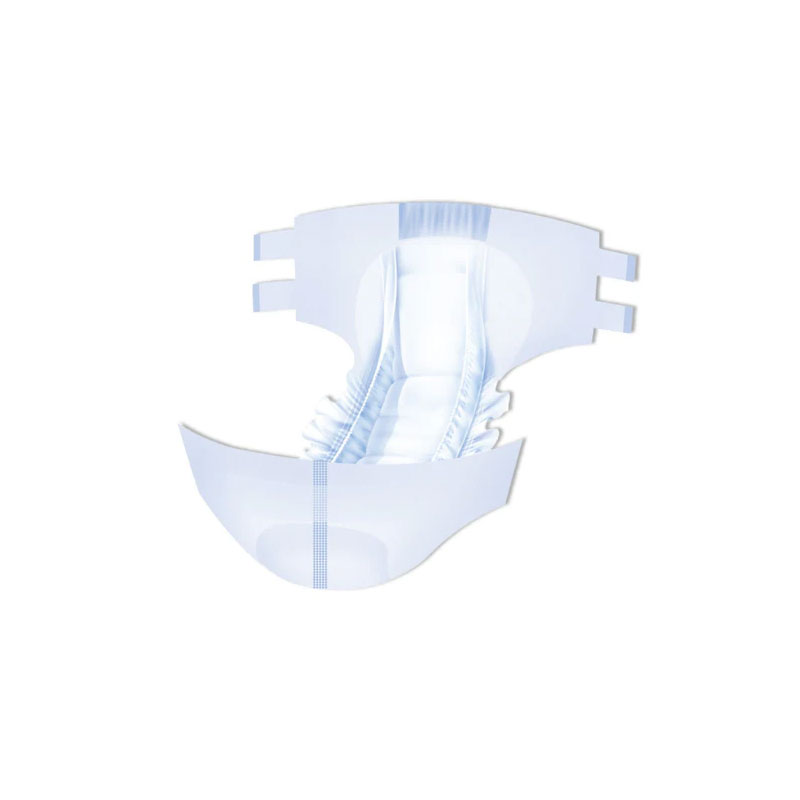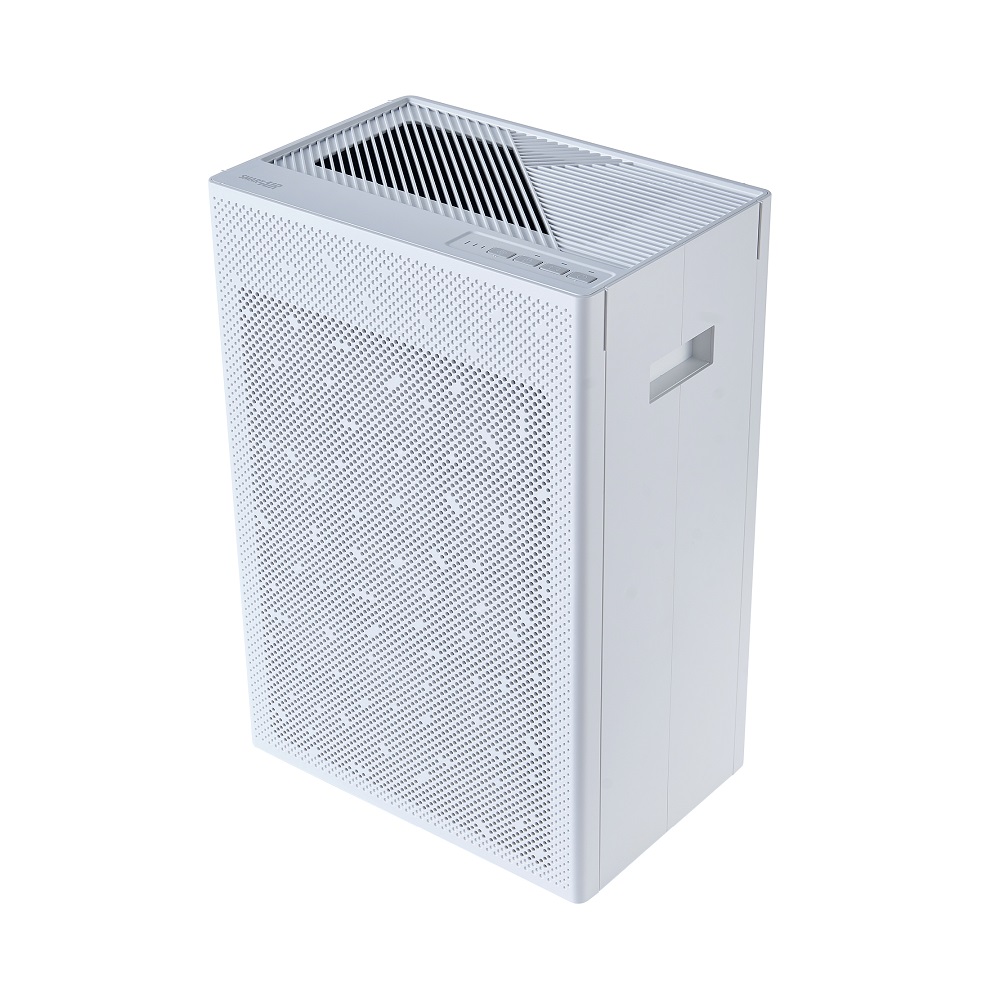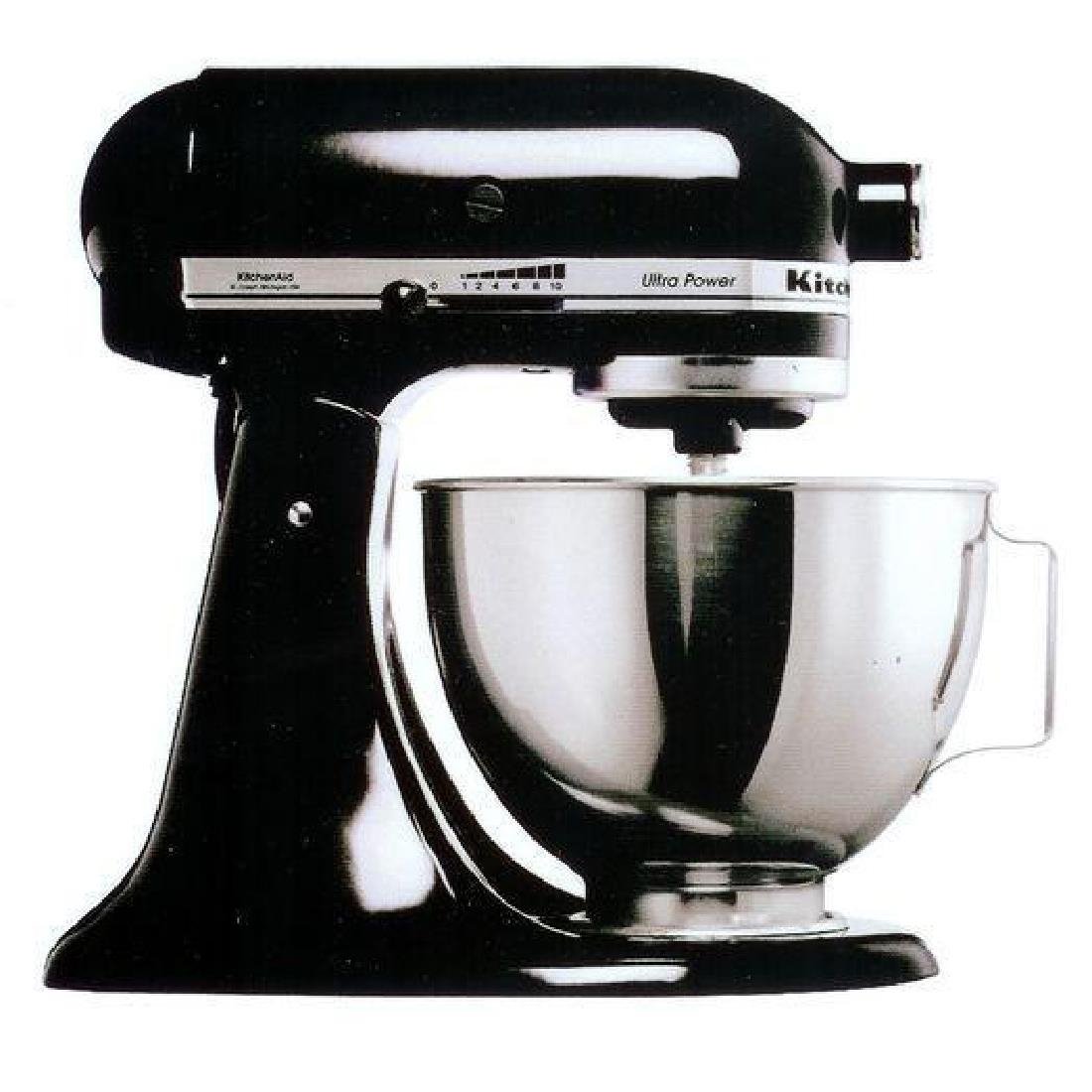Revolutionizing Healthcare: Dobot Collaborative Robots for Efficiency and Safety
The healthcare industry is currently facing immense pressure due to staff and nurse shortages, resulting in increased workloads and potential risks to patient care. Additionally, the need to reduce the risk of contamination in transfusion and sample collection processes is of utmost importance.
Fortunately, technological advancements have paved the way for innovative solutions. One such ground-breaking solution is the utilization of Dobot collaborative robots, offering a promising approach to alleviate these challenges in healthcare settings.
Collaborative robots, also known as cobots, bring forth a myriad of advantages across multiple industries.
One of their key strengths lies in their inherent safety features, such as built-in collision detection sensors, which surpass the safety standards of traditional robots. Not only are they safer, but these robots also offer remarkable versatility, capable of performing a wide range of tasks with flexible end effectors.
Additionally, through drag-to-teach functionality, users can effortlessly train the robots by manually guiding their robotic arms along desired paths.
Addressing Staff and Nurse Shortages
The shortage of healthcare professionals has put immense strain on the industry, leading to longer wait times, compromised patient care, and increased workloads for existing staff. Dobot robots can step in as reliable and efficient assistants, performing repetitive tasks and handling logistical operations.
From medication dispensing to inventory management, Dobot robots can significantly reduce the burden on healthcare professionals, allowing them to focus on critical patient care. These robots can work tirelessly, helping to bridge the gap caused by staff shortages and ensuring seamless operations.
Contamination Risk Mitigation
In healthcare settings, the risk of contamination during transfusion and sample collection processes is a major concern. Human error can have severe consequences. Dobot robots offer a sterile and controlled environment, minimizing the risk of contamination. With precise movements and advanced sensing technologies, these robots can handle delicate procedures with utmost accuracy, reducing the likelihood of errors.
By automating sample collection and transfusion processes, Dobot robots not only enhance patient safety but also enhance the overall efficiency of healthcare operations.
Efficient Sample Collection and Handling
Sample collection, handling, and tracking are crucial aspects of healthcare diagnostics and research. Dobot robots can streamline these processes, ensuring accuracy and traceability.
Equipped with smart gripping systems and barcode scanning capabilities, these robots can precisely collect and handle samples, minimizing the risk of human error.
Moreover, Dobot robots can securely transport samples within the facility, maintaining sample integrity and ensuring timely delivery to the laboratory for analysis. This efficiency not only improves patient care but also accelerates the diagnosis and treatment process.
Enhanced Transfusion Processes
Transfusions play a vital role in medical treatments, and precision is of the utmost importance. Dobot robots can assist in the preparation and administration of transfusions, reducing the risk of errors and contamination.
These robots can precisely measure and mix fluids, ensuring accurate dosages and minimizing the potential for human mistakes. By automating the transfusion process, Dobot robots enhance patient safety, optimize resource utilization, and contribute to the overall efficiency of healthcare delivery.
Dobot collaborative robots have emerged as a game-changer in the healthcare industry, particularly in tackling the challenges posed by staff shortages and contamination risks. By leveraging their capabilities, healthcare facilities can streamline operations, improve efficiency, and enhance patient safety. With Dobot robots handling repetitive tasks and logistical operations, healthcare professionals can dedicate more time to direct patient care, ultimately improving the quality of healthcare services.
As technology continues to advance, the integration of collaborative robots like Dobot holds great promise for transforming healthcare and revolutionizing patient outcomes.
